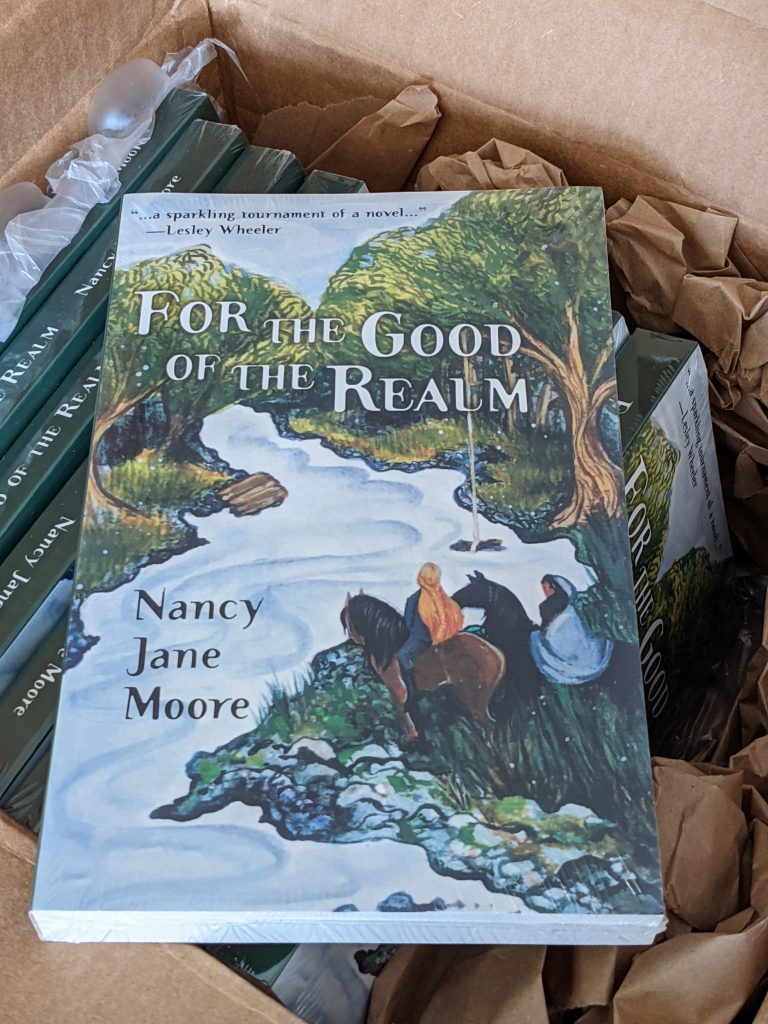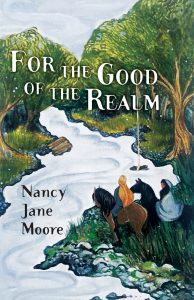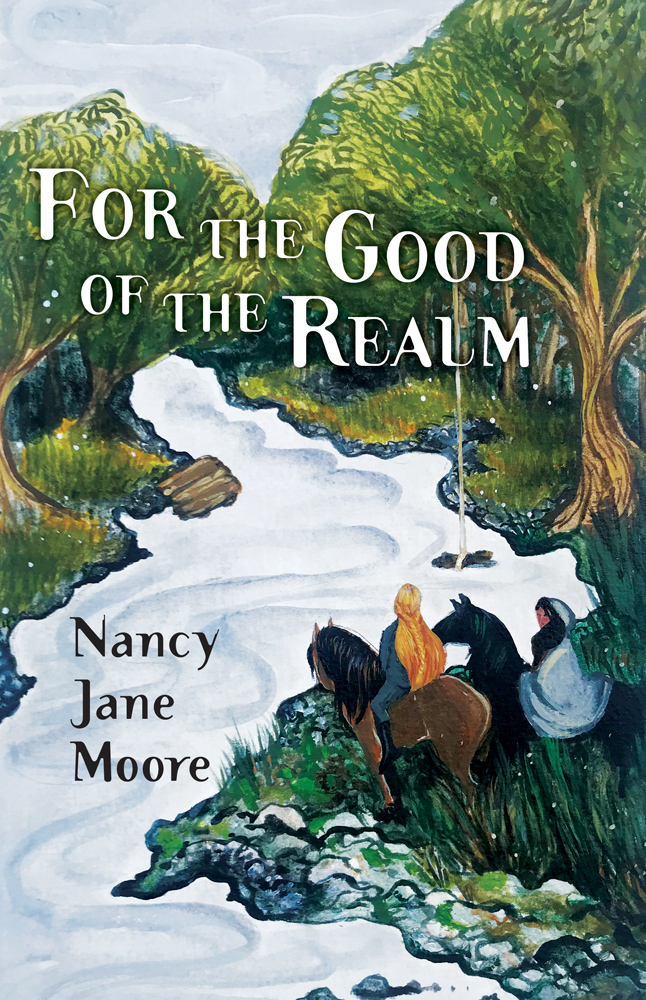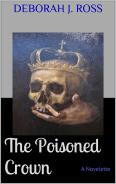I just signed up to participate in this year’s Clarion West Write-a-thon. Since this works as a fundraiser for Clarion West, you can sponsor me in my writing endeavors. Of course, this is also a tool for making myself write.
I’m planning to work on a sequel to For the Good of the Realm, which just came out from Aqueduct Press. I plan to do a little work on it each day. I notice in looking at the pages for this year’s Write-a-thon that there are many other things I may be doing, but that’s the starting point.
Signing up for this got me to thinking about Clarion West, past Write-a-thons, and the whole science fiction and fantasy world.
Going to Clarion West was one of the pivotal experiences in my life. The intensity of the process was crucial for me. It not only made me write, but it made me believe in my writing. But I think the key part was being a writer in community, doing the same kind of work along with others who shared my interests and desires.
I bonded with the people in my class. Twenty-four years later, I remain close friends with several of those people and can usually pick right up where we left off with most of them.
The Write-a-thon doesn’t bring that back, but it does make me remember Vonda N. McIntyre, who always participated and always sponsored other writers who were participating. Of course, Vonda was well-known for her generosity to other writers, so this was no surprise.
Signing up for the Write-a-thon reminds me of how much I miss her. Continue reading “Clarion West Write-a-thon and Some Thoughts on Why I Like SF/F”…


 Here’s my review of For the Good of the Realm, by Treehouse Writer’s own Nancy Jane Moore (Aqueduct)
Here’s my review of For the Good of the Realm, by Treehouse Writer’s own Nancy Jane Moore (Aqueduct)

 Crossing genres is hot business these days: science fiction mysteries, paranormal romance, romantic thrillers, Jane Austen with horror, steampunk love stories, you name it. A certain amount of this mixing-and-matching is marketing. Publishers are always looking for something that is both new and “just like the last bestseller.” An easy way to do this is to take standard elements from successful genres and combine them.
Crossing genres is hot business these days: science fiction mysteries, paranormal romance, romantic thrillers, Jane Austen with horror, steampunk love stories, you name it. A certain amount of this mixing-and-matching is marketing. Publishers are always looking for something that is both new and “just like the last bestseller.” An easy way to do this is to take standard elements from successful genres and combine them.